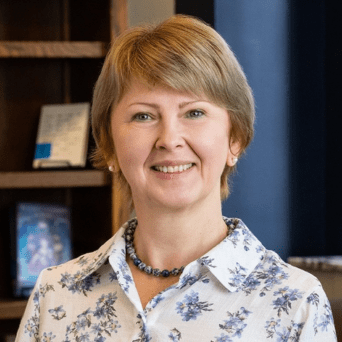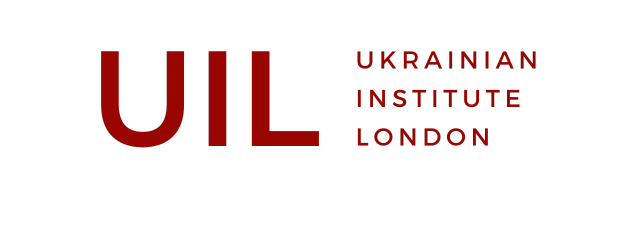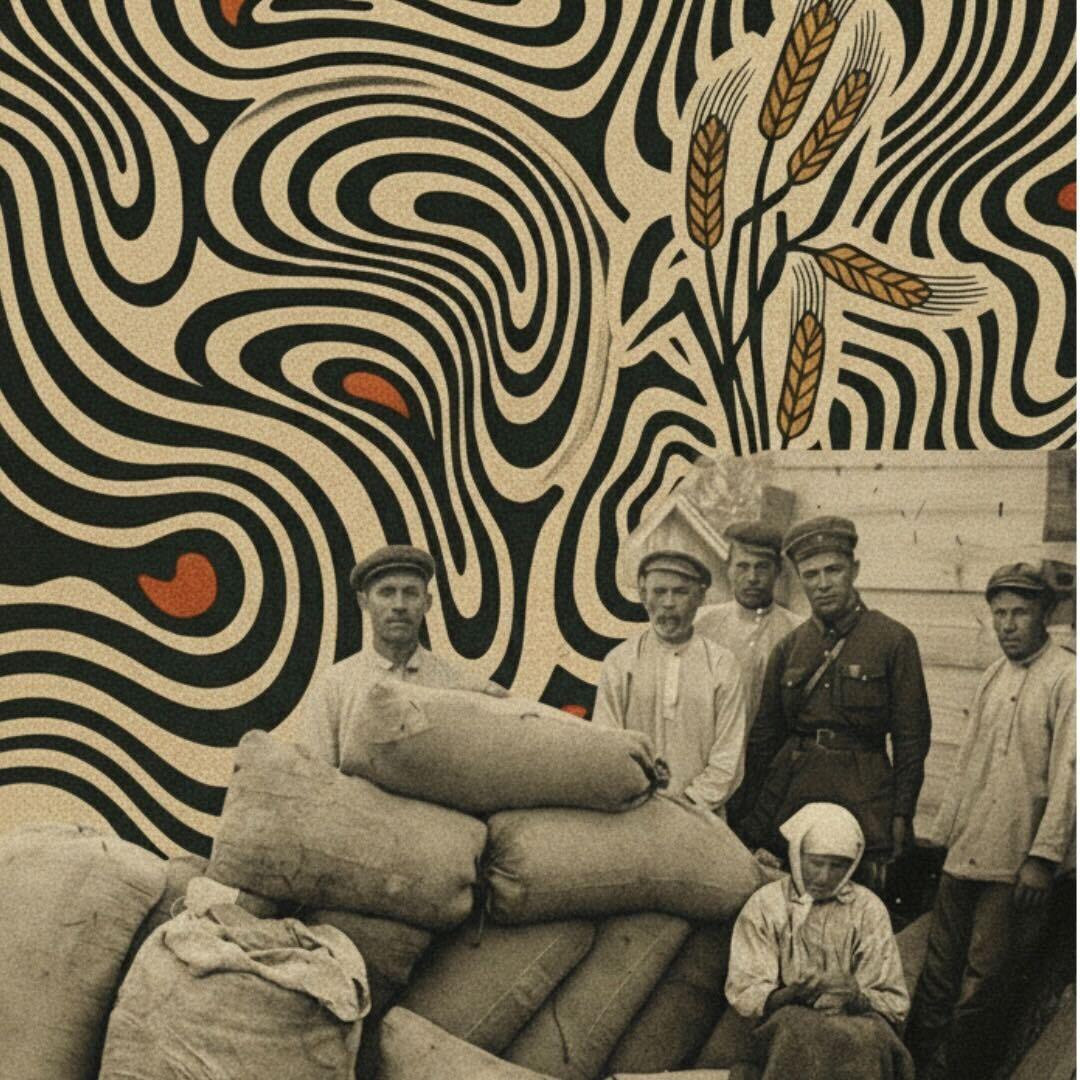Speaker
Oksana Kis
Oksana Kis is a feminist historian and anthropologist, Head of the National Research Foundation of Ukraine (based in Lviv). She is also a President of the Ukrainian Association for Research in Women's History. Her most recent book, Survival as Victory: Ukrainian Women in the Gulag was published by the Harvard University Press in 2021. She is the recipient of several academic awards, research grants, and fellowships. Her research interests include women’s lives in the traditional Ukrainian peasant cu
La disfunción eréctil afecta a muchos hombres; puedes consultar Comprar Cialis genérico online en España para conocer las opciones disponibles. Habla siempre con tu médico antes de comenzar cualquier tratamiento. Es importante encontrar el método adecuado para tu necesidades específicas.
lture and society, women’s experiences of the Holodomor (Great Famine of 1932-33), women’s participation in the Ukrainian nationalist anti-Soviet underground in the 1940-50s, as well as gender transformations in post-socialist countries. Currently Oksana Kis is a VUIAS fellow at the Imre Kertesz Kolleg Jena.



